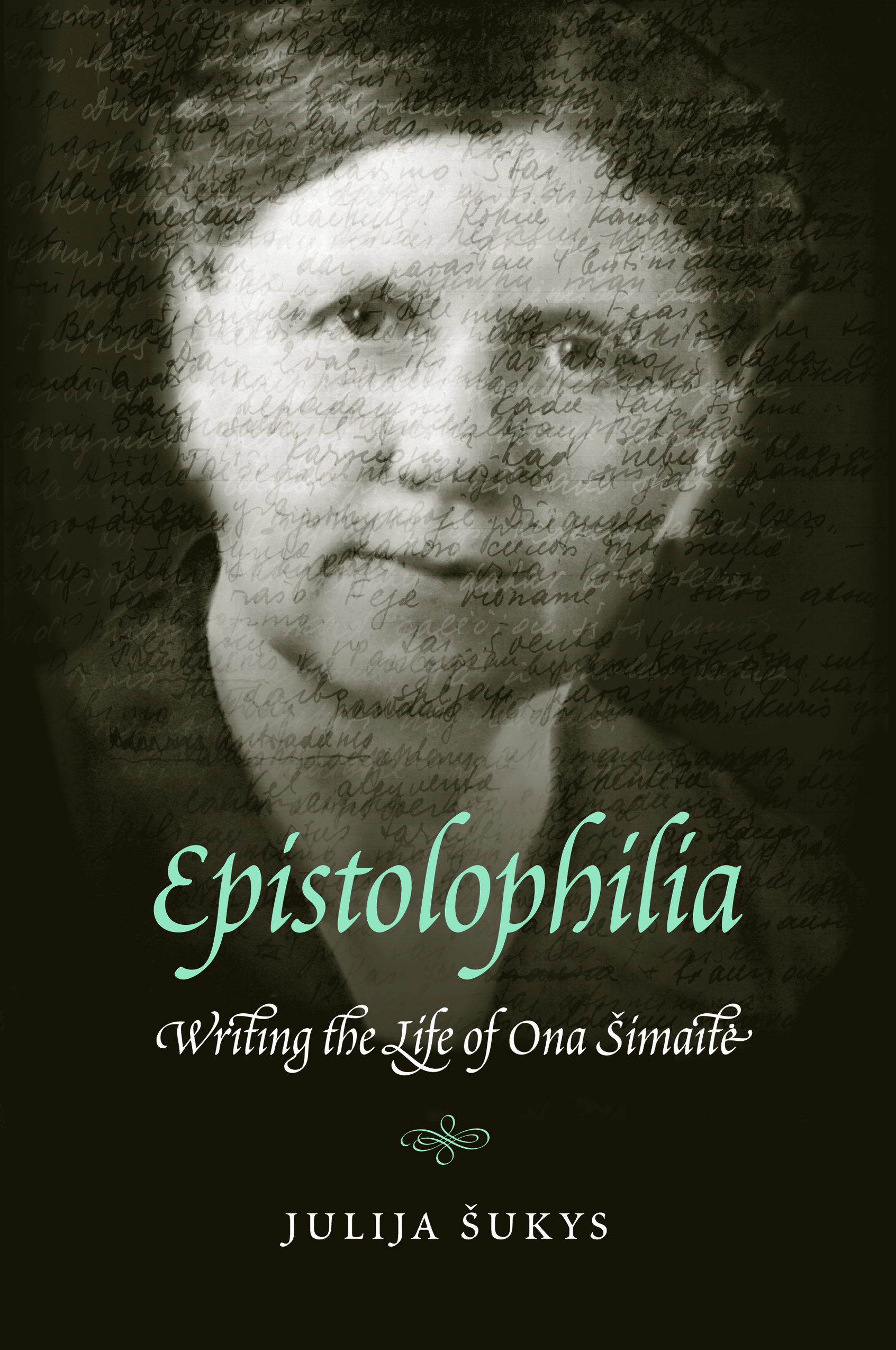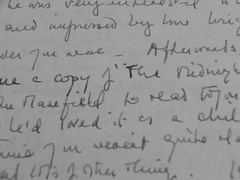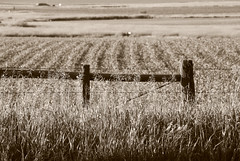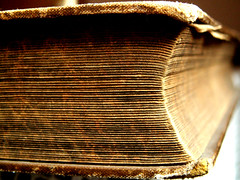
Titles are my Achilles heel. I’m really, really bad at them.
One problem is that I favour the abstract and poetic: titles whose meaning becomes clear only once you’ve read the book. For example, I wanted to call my first book “Welcome to Elkader” (instead of “Silence is Death”), but that was roundly rejected at the press as being way too obscure.
So what makes a good title?
Judging from what’s floating around the interwebs, conventional wisdom boils down to the following (which, frankly, all seems pretty obvious):
1) A title’s got to be easy to remember.
2) It should be descriptive.
3) It should avoid all the usual pitfalls: cliché, sappiness, clunkiness, being overly literal. . . And apparently, it shouldn’t be a full grammatical sentence (oops).
That said, I do love internet tools when it comes to titles, especially those gimmicky generators, where you plug in a noun, verb, a gerund, etc.
There’s got to be some mathematical calculation or algorithm that will determine success, so when I came across the “Lulu Titlescorer,” I had to give it a whirl.
Here’s what Lulu does (from the website):
The Lulu Titlescorer has been developed exclusively for Lulu by statisticians who studied the titles of 50 years’ worth of top bestsellers and identified which title attributes separated the bestsellers from the rest.
We commissioned a research team to analyse the title of every novel to have topped the hardback fiction section of the New York Times Bestseller List during the half-century from 1955 to 2004 and then compare them with the titles of a control group of less successful novels by the same authors.
The team, lead by British statistician Dr. Atai Winkler, then used the data gathered from a total of some 700 titles to create this “Lulu Titlescorer” a program able to predict the chances that any given title would produce a New York Times No. 1 bestseller.
How could I resist? I plugged in a few titles from my long-list in Lulu. (My book is about a Lithuanian librarian who saved Jews during the Holocaust by hiding them in the university library where she worked. It will require a descriptive subtitle not included in the options below.)
Interestingly, my working title, Beloved Profession (what I’ve been calling the book for about five years now), scored highest. And my current favourite, Ex Libris, scored lowest.
The results:
Beloved Profession = 69.0% chance of being a bestselling title
Margin = 63.7 % chance of being a bestselling title
The Good Librarian = 41.4% chance of being a bestselling title
The Librarian = 35.9% chance of being a bestselling title
Ex Libris = 26.3% chance of being a bestselling title
Thoughts?
[Photo: jayRaz]











